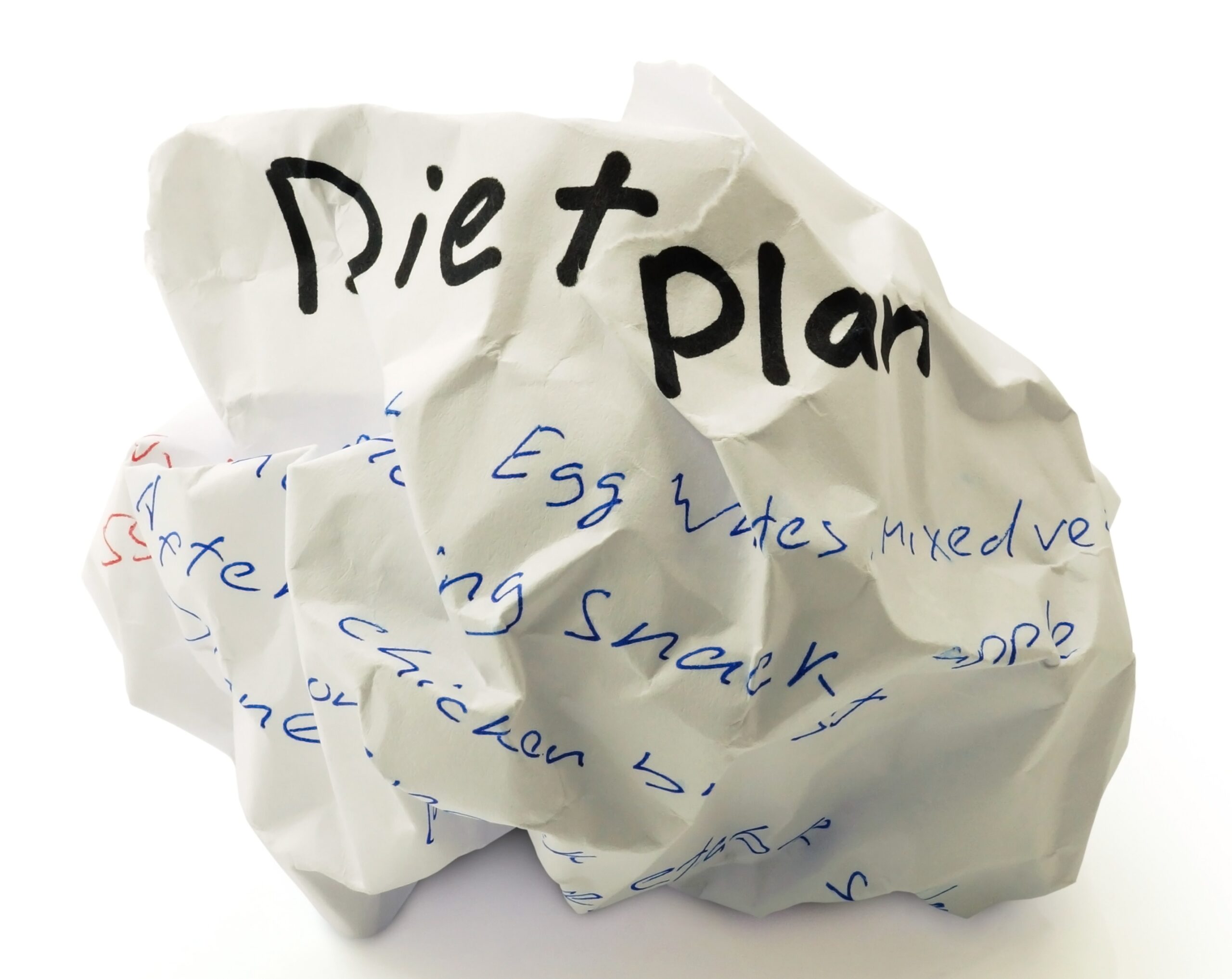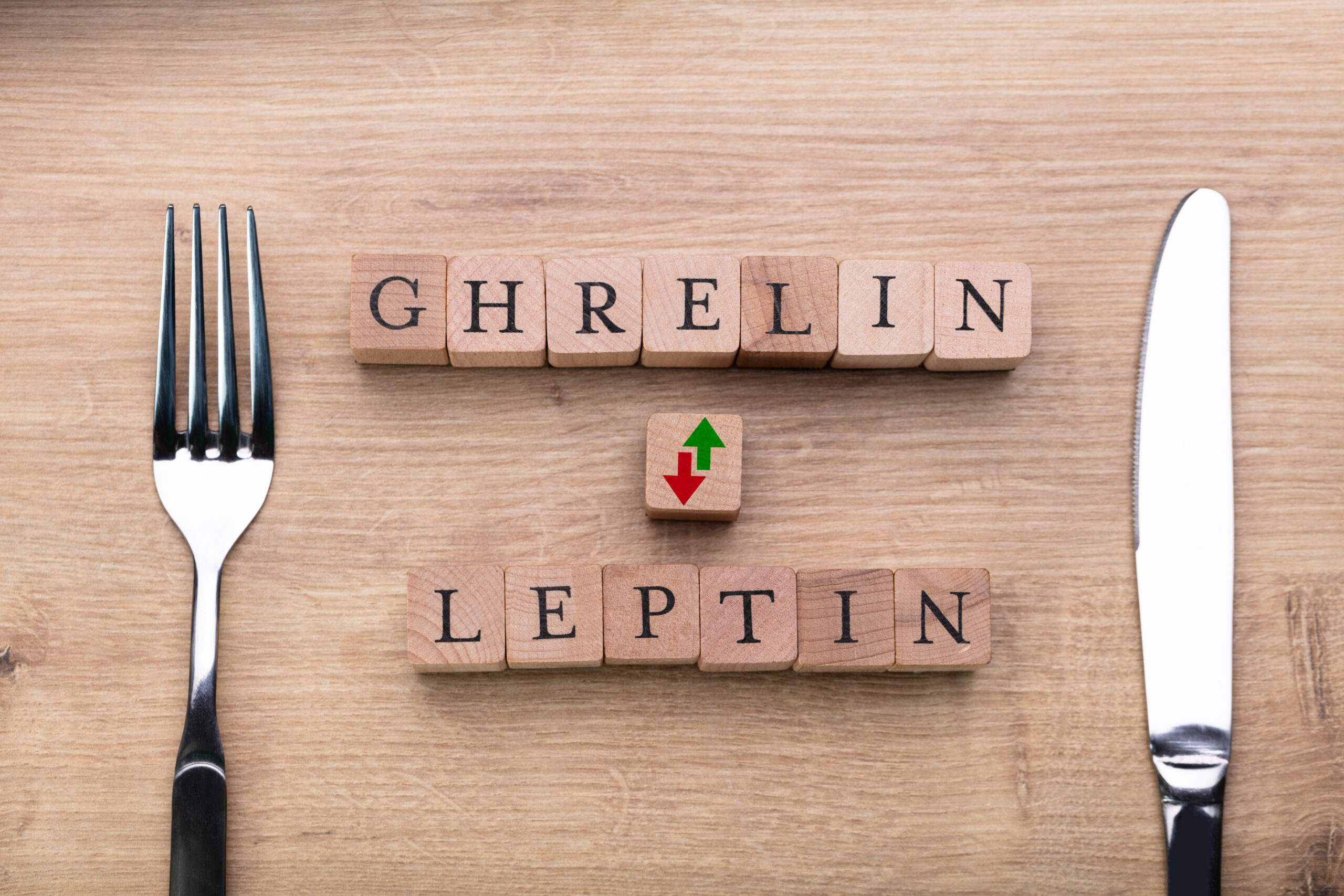Is There A Better Diet For Fat Loss?
2025-09-30
I fell for it too, I believed for a good amount of time if you followed the “right” diet this would create optimal fat loss. Sadly for my clients, it probably took me around a good ten years to realize that this thought process wasn’t actually true.
The truth is, scientific evidence continues to show that while different diets can lead to short-term weight loss, no single diet has proven to be superior in the long run. What actually matters most are the sustainable behaviors you build around food, movement, and lifestyle.

The Research: Diet Differences Aren’t as Big as They Seem
A large meta-analysis including 7,286 individuals compared popular diets head-to-head. At 6 months, low-carbohydrate diets led to an average weight loss of 8.73 kg, while low-fat diets resulted in 7.99 kg. By 12 months, the numbers were 7.25 kg for low-carb and 7.27 kg for low-fat—nearly identical (PMID: 25182101).
In other words, while there were some statistical differences in the short term, the effect sizes were small and unlikely to matter to real people trying to lose weight. More importantly, the weight lost early on tended to creep back by the one-year mark.
Another systematic review looked at popular branded diets Atkins, South Beach, Weight Watchers, and Zone. The authors found that all four were modestly effective for short-term weight loss, but the benefits faded over time. At 12 months or beyond, weight loss was rarely sustained (PMID: 25387778).
Even more telling, a comprehensive review concluded that reduced-calorie diets result in meaningful weight loss regardless of which macronutrients they emphasize (PMID: 19246357). In other words, whether you cut carbs, fat, or points, the main driver of initial success is eating fewer calories than you burn not the specific distribution of protein, fat, and carbs.

Why Diets Fail: The Human Factor
If diets “work” on paper, why don’t they stick in real life?
The answer lies in human behavior. Strict food rules may feel motivating in the beginning, but they’re rarely sustainable. Life stress, social events, cravings, and routines eventually clash with rigid restrictions. When the diet becomes too hard to follow, people abandon it, often regaining the weight they lost.
This is why researchers argue that focusing solely on calories and macronutrients misses the bigger picture. Long-term fat loss and health improvements come from consistent, sustainable behavior changes.

Why Willpower Isn’t Enough: How Your Body Fights Back Against Dieting
If you’ve ever started a new diet, you know how it goes: the first few days feel empowering. You’re motivated, sticking to the plan, and maybe even seeing some early results. But before long, hunger sets in. Cravings get louder. Food seems to dominate your thoughts. Eventually, that “cheat meal” turns into a cheat week, and you feel like you’ve failed.
Here’s the truth: it’s not a lack of willpower. It’s biology.
As Dr. Jen Carter, Counseling and Sport Psychologist and Associate Professor at Ohio State Wexner Medical Center, explains: “Bodies react to calorie deprivation with countermeasures that include metabolic, hormonal and neurological changes that overwhelm willpower.”
Let’s break down what actually happens inside your body when you cut calories, and why sheer discipline isn’t the solution.
The Body’s Built-in Alarm System
From an evolutionary perspective, your body’s main job is to keep you alive. When it senses a significant drop in calories—like during dieting—it interprets that as a potential threat, almost like a famine. In response, it deploys a series of defense mechanisms to preserve energy and drive you to seek out food.
Some of the biggest players in this process include:
-
Metabolic slowdown: Your resting metabolic rate (the calories you burn at rest) decreases. The body becomes more efficient, burning fewer calories to perform the same tasks. This makes it harder to keep losing weight and easier to regain it once you start eating more.
-
Hormonal changes:
-
Ghrelin (the hunger hormone) increases, making you feel hungrier.
-
Leptin (the satiety hormone) decreases, meaning you feel less satisfied even after eating.
-
-
Neurological responses: Restricting calories makes the brain more preoccupied with food. Studies show increased activity in the brain’s reward center when dieters see or eat high-calorie foods. That donut doesn’t just look tempting—it’s neurologically irresistible.
Put simply, your body actively resists weight loss. It’s not sabotage; it’s survival.

Smarter Meal Planning: How to Make Healthy Eating Simple (and Actually Enjoyable)
We’ve all been there: Sunday meal prep starts with good intentions. You grill chicken, steam broccoli, and roast sweet potatoes for the week. By Monday, it feels doable. By Wednesday, it’s bland. By Friday, you can’t stand the thought of one more bite.
As nutritionist Leslie Schilling puts it: “Your grilled chicken breast, broccoli, and sweet potato don’t taste great at day 3, 4, and 5.”
This highlights a key truth: healthy eating isn’t just about discipline, it’s about sustainability. And sustainability often comes down to smart meal planning that saves time, reduces food waste, and makes healthy choices something you actually look forward to.
Here’s how to rethink meal prep so it works with you, not against you.
Why Recipe Planning Works
One of the biggest hurdles to eating well is decision fatigue. After a long day, the last thing most of us want to do is figure out what’s for dinner. That’s when takeout menus and quick processed foods sneak in.
Planning recipes ahead of time solves this problem. With a plan in place, you:
-
Save money by shopping with a list and avoiding impulse buys.
-
Save time by reducing multiple grocery runs.
-
Reduce stress since you’ve already made the “what’s for dinner?” decision.
-
Waste less food by buying only what you know you’ll use.
The key, however, is to keep it realistic. You don’t need to cook seven new recipes every week.
The 3–5 Recipe Rule
Instead of filling your calendar with complicated meals, start with 3–5 go-to recipes you know and love. Rotate them week to week. This approach makes shopping and prepping manageable while still keeping your menu varied enough to avoid boredom.
Some examples might be:
-
A hearty chili or stew (easy to batch cook and freeze).
-
Stir-fried veggies with your protein of choice.
-
A sheet-pan dinner (protein + veggies + potatoes all roasted together).
-
A salad base you can change up with different toppings and dressings.
-
A slow-cooker or Instant Pot recipe you can set and forget.
Once you build this “reliable recipe toolbox,” cooking becomes far less overwhelming.
Weekend Prep = Weeknight Wins
Another game-changer is ingredient prep on the weekends. You don’t have to cook entire meals in advance, but small steps make a huge difference:
-
Chop vegetables so they’re ready for roasting or stir-frying.
-
Cook a grain like rice or quinoa to use in multiple dishes.
-
Portion out proteins (chicken, fish, tofu, beans) for quick cooking.
-
Make a sauce or dressing that can be used in different meals.
By front-loading the effort, you remove friction during the week. On a busy Wednesday night, pulling out pre-chopped veggies and pre-cooked rice turns cooking into a 15-minute task instead of a 45-minute ordeal.
These are just SOME of the concepts and solutions we are going to be providing in our 6-week online CEU Fat Loss Masterclass and save 25% with code “coach25” HERE
© 2026 Ultimate Sandbag Training. Site by Jennifer Web Design.








